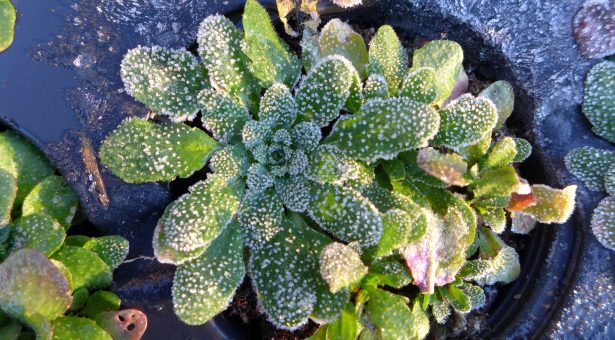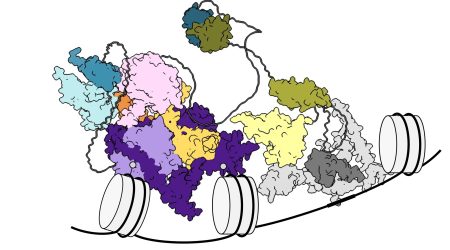Plants have a plan for all seasons

Many plants need to avoid flowering in the autumn – even if conditions are favourable – otherwise they would perish in winter.
To flower in the spring they need to sense and then remember winter, a process known as vernalisation. But how do plants sense vital information such as temperatures to align flowering with the seasons?
Until now, many researchers thought that fluctuations in monthly, daily, hourly temperatures were detected by a small number of dedicated sensors.
But new research by the John Innes Centre reveals that plants combine the temperature sensitivity of multiple processes to distinguish between the seasons.
“At first glance this might seem like a surprising finding, however in hindsight, it is very reasonable and it is also more likely as a mechanism to evolve,” comments Dr Rea Antoniou-Kourounioti, first author of the study which appears in the journal Cell Systems.
“Biochemical reactions are naturally temperature sensitive, so the alternative, a few specialised sensors, would suggest that the temperature sensitivity of everything else must be ignored or compensated for. On the other hand, taking inputs from multiple pathways that were already responding to temperature, and evolving to use this combined information is less complicated and can lead to a more robust system,” she explains.
The team from the labs of Professors Martin Howard and Caroline Dean developed a predictive mathematical model of temperature sensing for the key flowering regulator FLC in Arabidopsis.
This vernalisation model can be used in combination with climate models to predict how plants will change their flowering in future climates. In this study, the team collaborated with groups from Sweden to test the model on patterns of data from plants grown in field sites in Sweden and Norwich – and the model matched these well.
Arabidopsis is a relative of many crop species, such as broccoli and oilseed rape, so the work could be extended to help breeders develop climate-resilient varieties.
Future work will involve adjusting the model in crop species and integrating it into current crop prediction models for farmers and breeders.
The team will work with climate modellers to more accurately predict the temperatures that plants will actually experience in future.



